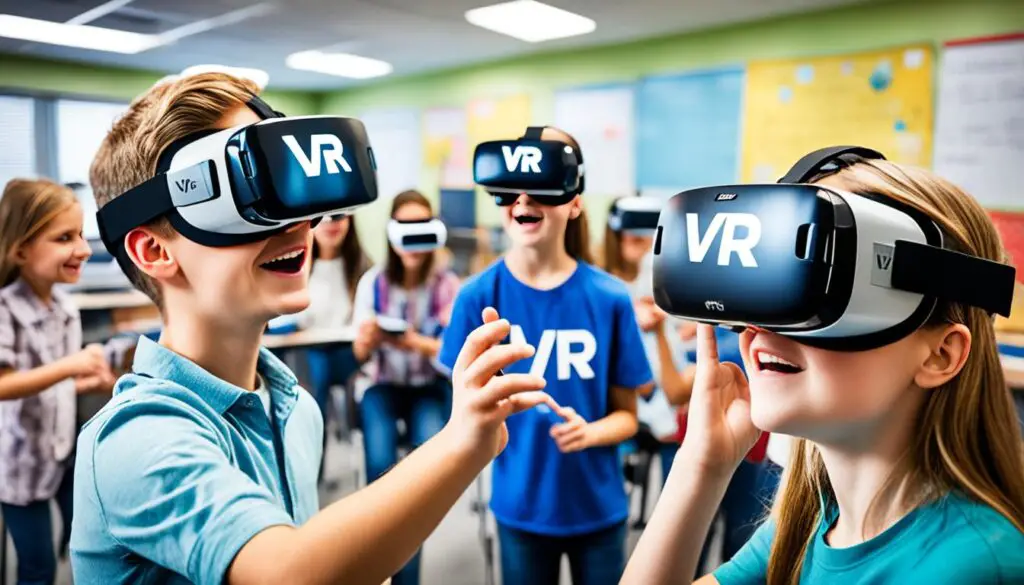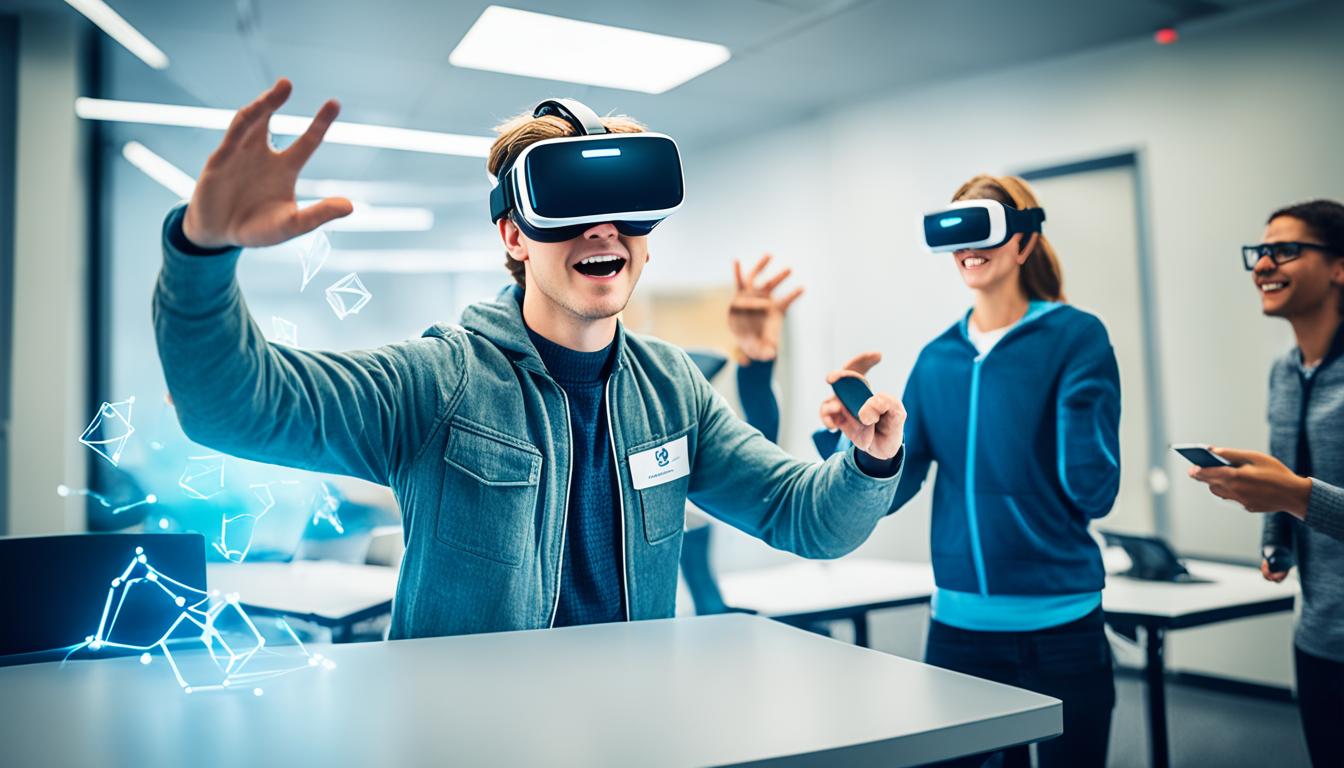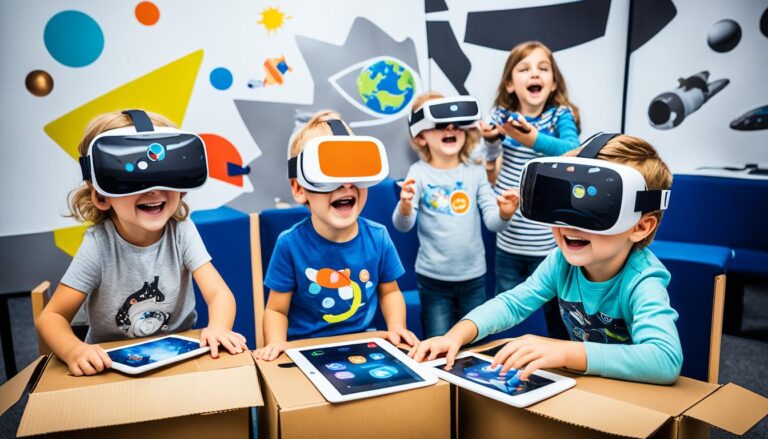Future-Proof Learning: How Virtual Reality Is Changing Education
Virtual reality (VR) is revolutionizing the world of education, providing students with immersive and interactive learning experiences. With the advancement of VR technology, students can now explore virtual worlds, engage in hands-on activities, and gain a deeper understanding of complex concepts. This article will explore the impact of virtual reality on education and how it is shaping the future of learning.
Key Takeaways:
- Virtual reality in education offers immersive learning experiences.
- VR enhances student engagement and academic growth.
- Interactive learning opportunities in virtual environments promote better understanding.
- VR facilitates personalized learning experiences based on student interests and abilities.
- Technological advancements will make VR more accessible and transform education.
The Benefits of Virtual Reality in Education
Virtual reality (VR) has revolutionized the field of education by offering numerous benefits that enhance the learning experience. Through interactive learning experiences, students can actively engage with the content and explore virtual environments that are directly related to their subjects. This hands-on approach promotes better understanding and retention of knowledge, as it allows students to immerse themselves in realistic simulations and scenarios.
One of the key advantages of VR in education is its ability to facilitate personalized learning experiences. With VR, students can progress at their own pace and explore different pathways based on their individual interests and abilities. This adaptive learning approach promotes academic growth and caters to the unique needs of each student. By providing tailored educational content, VR helps students feel more engaged and motivated, resulting in improved academic performance.
Furthermore, virtual reality fosters student engagement by making learning more exciting and interactive. Traditional teaching methods often struggle to capture and maintain students’ attention, leading to passive learning experiences. However, with VR, students are actively involved in the learning process, allowing them to experience firsthand what they are studying. This immersive approach not only sparks curiosity but also encourages critical thinking and problem-solving skills.
VR facilitates personalized learning experiences, promotes academic growth, and enhances student engagement.
Virtual reality has the potential to transform education by providing an innovative platform for interactive learning, academic growth, and student engagement. By leveraging the power of VR technology, educators can create dynamic and immersive educational experiences that go beyond the limitations of traditional classrooms.

The Future of Virtual Reality in Education
The rapid pace of technological advancements is paving the way for a revolution in education. As virtual reality (VR) continues to become more accessible and affordable, it has the potential to transform the way we learn and teach. The impact of VR in education is far-reaching, from personalized learning experiences to the complete transformation of traditional educational models.
One of the key technological advancements driving the future of VR in education is the development of more affordable and user-friendly VR devices. As the costs decrease and the technology becomes more accessible to schools and students, the barrier to adopting VR as an educational tool will be significantly reduced. This increased accessibility will lead to a wider adoption of VR technology and open up new possibilities for immersive and engaging learning experiences.
Another area of advancement in VR technology is the improvement of graphics and realism. As the visual quality of VR experiences continues to evolve, students will be able to explore virtual worlds that closely resemble real-life scenarios. This heightened level of realism will enhance the immersive nature of VR education, allowing students to fully engage with their subjects and gain a deeper understanding of complex concepts.
With these technological advancements, personalized learning will be at the forefront of educational transformation. VR will enable students to learn at their own pace and explore subjects based on their individual interests and abilities. Through personalized learning experiences, students can have tailored educational journeys that cater to their unique needs, ultimately leading to improved academic growth and student engagement.
FAQ
What is virtual reality in education?
Virtual reality in education refers to the use of VR technology to provide students with immersive and interactive learning experiences. It allows students to explore virtual worlds, engage in hands-on activities, and gain a deeper understanding of complex concepts.
How does virtual reality enhance the learning experience?
Virtual reality enhances the learning experience by providing interactive learning opportunities. It allows students to actively engage with the content and explore virtual environments related to their subjects. This hands-on approach promotes better understanding and retention of knowledge.
What are the benefits of virtual reality in education?
Virtual reality in education offers numerous benefits. It promotes interactive learning, personalized learning experiences, and academic growth. It allows students to progress at their own pace, explore different pathways based on their interests and abilities, and develop a deeper understanding of the subject matter.
How is virtual reality expected to transform the future of education?
Technological advancements, such as more affordable VR devices and improved graphics, will make virtual reality more accessible to schools and students. This wider adoption of VR technology will allow for more immersive and realistic learning experiences, further revolutionizing the way we learn.
Is virtual reality suitable for all subjects and age groups?
Virtual reality can be adapted to a wide range of subjects and age groups. It can be used for subjects such as science, history, geography, and even art and music. However, the suitability of VR in education should be determined based on the specific curriculum goals and the age appropriateness of the content.






